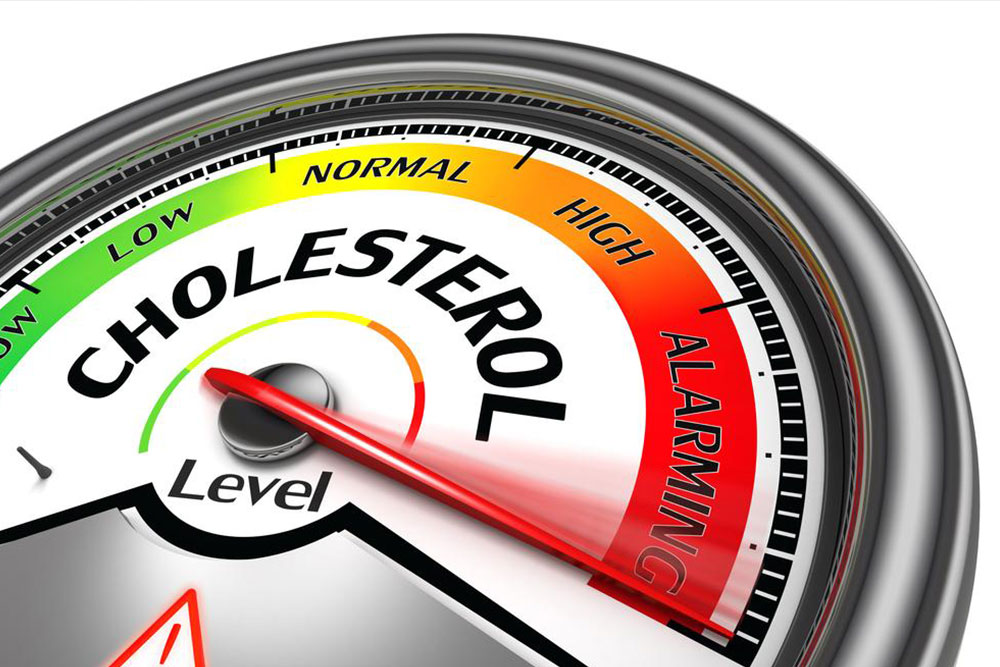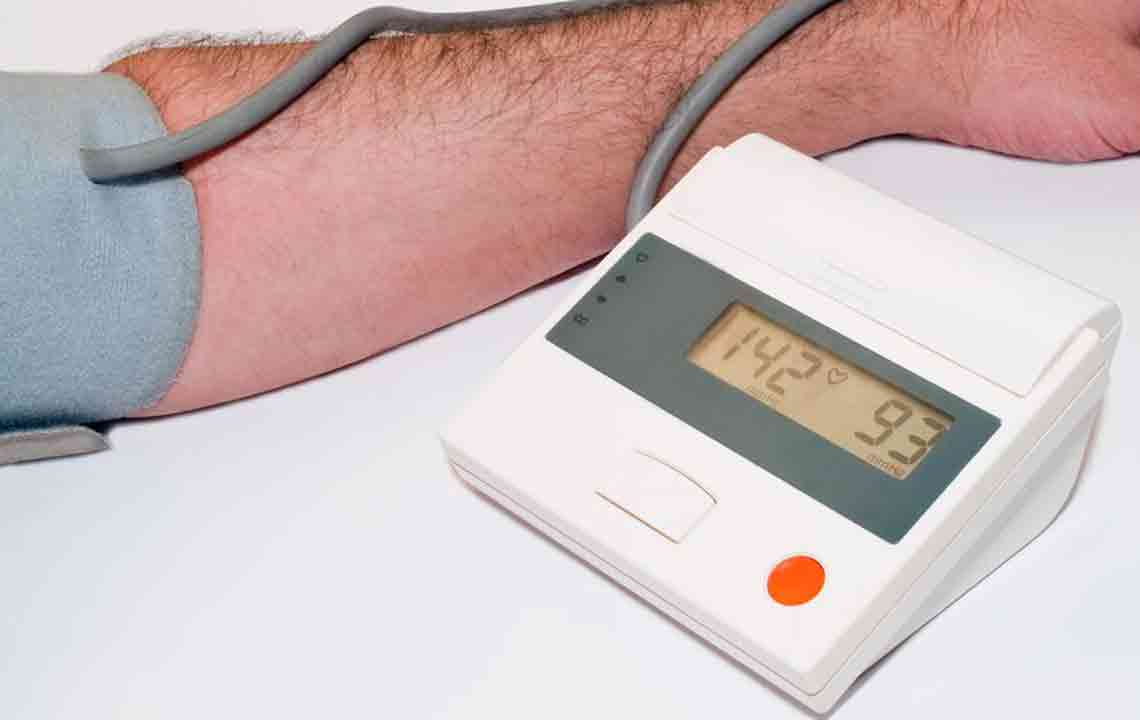Comprehensive Guide to Managing Cholesterol for Better Heart Health
Managing cholesterol effectively is essential for maintaining heart health. This comprehensive guide explores lifestyle modifications, dietary choices, and habits that can help balance LDL and HDL levels, reducing cardiovascular risks. Regular exercise, healthy eating, weight management, and avoiding harmful habits play crucial roles in keeping your cholesterol in check. Stay proactive with routine check-ups and make informed decisions to promote your long-term well-being and enjoy a healthier life.

Comprehensive Guide to Managing Cholesterol for Better Heart Health
Maintaining optimal health in today's fast-paced world requires diligent attention to various lifestyle factors, especially those affecting heart health. One of the most critical aspects of cardiovascular wellness is managing cholesterol levels effectively. Excess cholesterol in the bloodstream can lead to the buildup of plaque in arteries, increasing the risk of debilitating conditions such as heart attacks and strokes. Therefore, understanding how to control and balance your cholesterol is fundamental for long-term health and wellness.
Cholesterol, a waxy, fat-like substance produced naturally by the liver, is also ingested through certain foods. While essential for hormone production, cell membrane integrity, and vitamin D synthesis, imbalances—particularly elevated levels—pose significant health risks. The two main types of cholesterol circulating in your blood are Low-Density Lipoprotein (LDL), often referred to as 'bad' cholesterol, and High-Density Lipoprotein (HDL), known as 'good' cholesterol. Managing the levels of these lipoproteins is key to maintaining a healthy cardiovascular system.
LDL cholesterol tends to deposit in arterial walls, leading to the formation of plaques that narrow arteries and impede blood flow. Conversely, HDL helps remove excess cholesterol from the bloodstream and carries it back to the liver for processing and excretion. A healthy balance between LDL and HDL is crucial to prevent atherosclerosis and related heart diseases.
Several lifestyle factors influence cholesterol levels, including diet, body weight, physical activity, age, gender, and even genetic predisposition. Addressing these factors through informed decisions can effectively regulate cholesterol and reduce the risk of cardiovascular complications.
Dietary Habits: Consuming foods high in saturated fats, trans fats, and cholesterol—such as red meats, full-fat dairy, and processed snacks—contributes to elevated LDL levels. Conversely, incorporating heart-healthy foods like fruits, vegetables, whole grains, lean proteins, nuts, and seeds can help maintain optimal cholesterol levels. Emphasizing healthy fats, such as those found in olive oil and avocados, supports good HDL cholesterol.
Maintaining Healthy Body Weight: Being overweight or obese significantly raises LDL cholesterol and lowers HDL levels, escalating the risk of developing heart disease. Achieving and sustaining a healthy weight through balanced diet and exercise can substantially improve your lipid profile.
Regular Physical Activity: Engaging in at least 150 minutes of moderate-intensity aerobic exercise each week—such as brisk walking, cycling, or swimming—has been proven to boost HDL cholesterol while lowering LDL. Exercise also aids in weight management and improves overall cardiovascular health.
Age and Gender Factors: As you age, cholesterol levels tend to rise naturally. Women generally have lower cholesterol levels before menopause but experience increases afterward. Regular screenings and personalized management become increasingly important with age and gender-specific risks.
In addition to lifestyle modifications, avoiding harmful habits like smoking, excessive alcohol intake, and fast-food consumption can significantly enhance cholesterol management. Smoking, in particular, damages blood vessels and lowers HDL, further increasing cardiovascular risks. Limiting alcohol to moderate levels supports healthy lipid levels, while reducing fast food intake cuts down on unhealthy fats and cholesterol.
Routine health check-ups, including lipid profile tests, are vital for tracking your progress and adjusting strategies as needed. Implementing these comprehensive lifestyle changes can lead to healthier cholesterol levels, thereby reducing the likelihood of heart disease, stroke, and other related health problems. Dedication to heart-healthy habits today ensures a healthier, longer life tomorrow.





